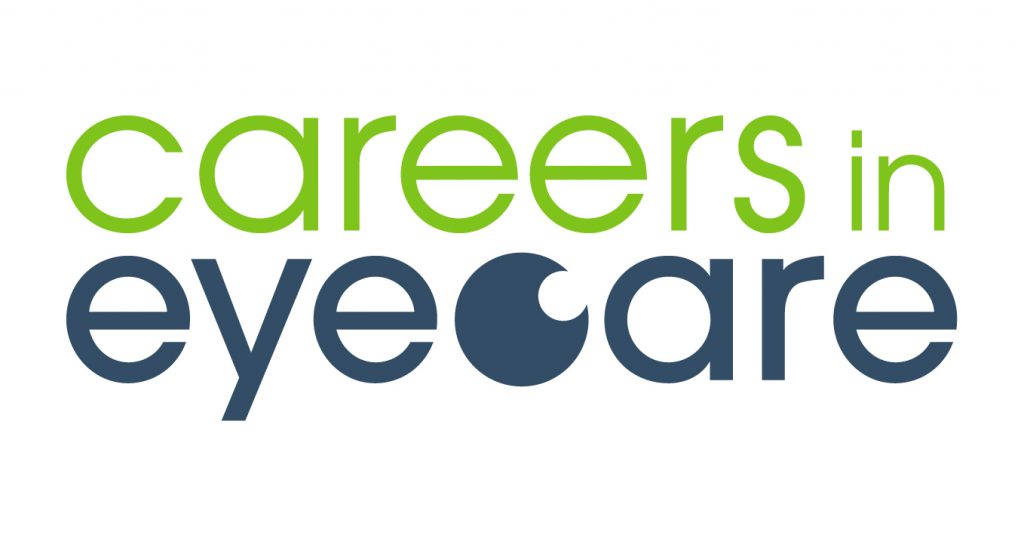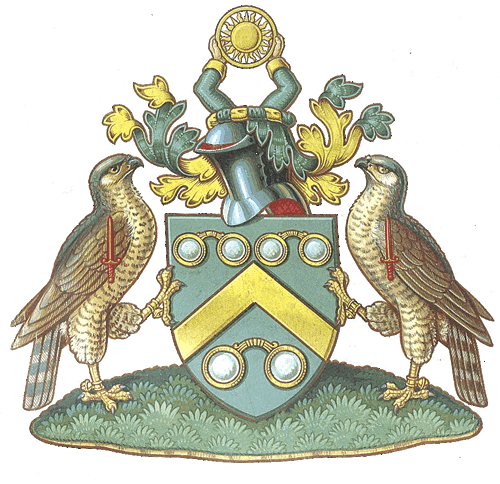See how to become a vision rehabilitation assistant with our career guide
What is a Vision Rehabilitation Assistant?
A Vision Rehabilitation Assistant works along side a Vision Rehabilitation Specialist to provide support and guidance for those with visual impairment (VI) needs, carers, families, and their friends.
What does a Vision Rehabilitation Assistant do?
A Vision Rehabilitation Assistant will support the Vision Rehabilitation Worker to provide guidance, advice, training & support to those with a visual impairment, and their support network.
We provide an inclusive, person centred, and creative ways to support those with VI needs. This can be done through, advice, in person practical work, such as teaching skills to promote independence, training of support staff & supporting through appointments.
We can give people we support with VI needs information and explanation on their VI needs, and how best to use their vision.

What do you get from this role?
This job role being able to support those with VI needs, their families, friends, and carers, can be very fulfilling knowing that you are slowly making a difference to someone’s life.
Promoting independence and confidence to complete a task or activity is incredibly rewarding. There is lots of satisfaction when you see someone you have supported become more confident in a new or existing skill.
What do you need to apply?
A Vision Rehabilitation Assistant is the first step to becoming a qualified Vision Rehabilitation Specialist. This role is offered to those who are not currently qualified but in the process of working on their VI Degree.
An inclusive, informative, and any creative solutions to difficulties those with VI needs, and their surrounding support network.
What skills do you need?
You need to have a good understanding of social care services, and knowledge of visual impairment. Delivery of training is covered in this role and having a good understanding will support with this.
You’ll need to have excellent communication skills in order to be able to comfortably share information and guidance to those with VI needs, and those who support them. Being able to competently describe and communicate effectively is key, this will enable an individual with a visual impairment to get the most of working with you.
Understanding computers, email, spreadsheets, and documentation. Be able to assess and pick up on changes or social ques to provide an inclusive and bespoke service to the people we support.
What does your working day look like?
Everyday is different. For the most part of this role there will be lots of contact with those with a visual impairment, working with them to develop skills in areas they wish to improve on or possibly learn as a new skill.
Occasionally there is a need to provide and deliver training to the carers of the people we support. This is very important, but it is incredibly enjoyable to share knowledge and help support staff to provide excellent support for those with VI needs.
We have weekly meetings to discuss caseloads and share any new and relevant information.
As a trainee, there are some weeks where in person attendance is needed at university. This is Monday to Friday every few weeks. This is an incredibly enjoyable experience. You are able to share new ideas or develop on existing ones. They provide you with an incredible amount of information and skills to provide the best service to people we support.
Thank you to SeeAbility for the information in the profile.







